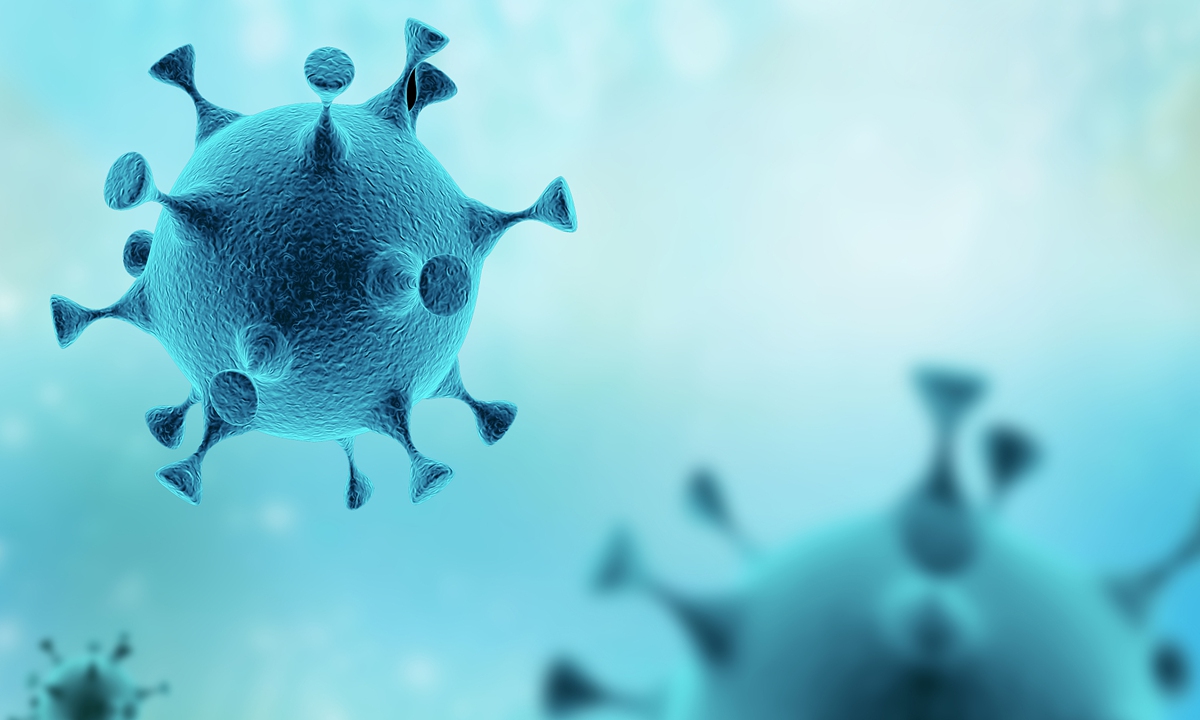Shanghai study finds recovered COVID-19 patients have persistent immune protection
Source: Global Times Published: 2020/9/20 21:54:47

Photo:VCG
The latest Shanghai-based study has found that the majority of recovered COVID-19 patients have persistent immune protection and vaccination may trigger a durable immune response.
The results of the study were published in the Frontiers of Medicine, an international general medical journal sponsored by the Ministry of Education of China, on September 16, indicating that neutralizing antibodies that may provide protection for COVID-19 patients from a second infection can last around six months in those patients.
Based on the analysis of samples from three groups of patients: 15 cases at two weeks to one month, 20 cases at one to two months and 17 cases at six to seven months after COVID-19 infection, researchers found all plasma samples from 17 cases were positive for both IgG antibodies six to seven months after diagnosis, but the levels were lower than those in the samples collected at two weeks to two months after diagnosis.
The study also found that neutralizing antibodies, which are considered protective antibodies against the virus, existed among all the samples collected from eight cases at two weeks to two months and 14 ones at six to seven months after diagnosis, and they remain high at six to seven months post-infection.
The results could be of clinical relevance in assessing the possibility of reinfection and vaccination efficacy. A 33-year-old man living in Hong Kong was reported in August to have been infected for the second time this year. Media reports said that the man's second infection occurred 142 days after the first.
Similar individual cases were reported around the world later, which also triggered public concerns over whether a recovered COVID-19 patient could be infected for a second time.
RELATED ARTICLES: